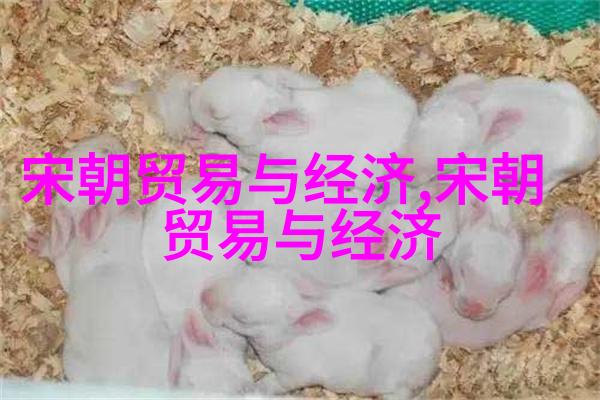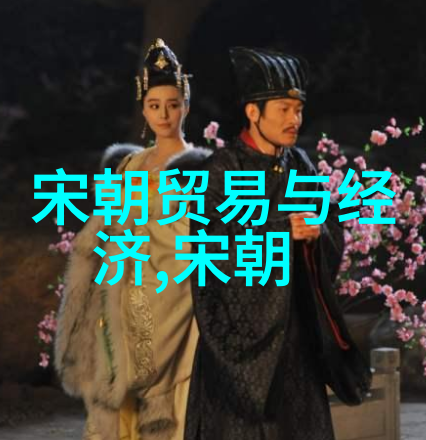蝶恋花中的杨载犹如一支在风中舞动的羽毛笔留下了1271至1323年的墨迹
元代中期,诗坛闪耀着一颗璀璨的星辰——杨载。他的名字在历史上留下了深刻的印记,他生于元世祖至元八年的风云变幻之中,1271年至1323年,是他在这个世界上的舞台。他出生于县南琉田村,但随后搬迁到了蒲城,最终定居在杭州,这座城市见证了他从少年到壮年的成长。

杨载的家族树有着浓厚的文化底蕴,他的先祖杨建是浦城人,而他的父亲杨潜是一位南宋时期的诸生。小小的一介书生,在赵孟頫的大力推崇下,他展现出了超凡脱俗的才华和学问。在未仕官职之前,他就已经博览群书,充分准备好迎接未来的人生挑战。
当他四十岁的时候,一位名叫贾国英的人因为他的才华,将他推荐给朝廷。在没有任何官职的情况下,他就被召为国史院编修官,与其他人一起完成了《武宗实录》的修订工作。这段经历让他逐渐走向仕途,并且获得了一份管领系官海船万户府照磨兼提控案牍的小职务。

仁宗延祐二年(1315),科举考试再次开放,杨载凭借自己的才华登上了进士第。当时任饶州路同知浮梁州事,并迅速升迁为儒林郎,最终成为宁国路总管府推官。直到英宗至治三年(1323)去世,这位诗人的生命旅程才终于画上了句号。
然而,不仅如此,Yang Zhong's poetry was not only limited to his own works, but also passed down through generations. His son Yang Zun and Yang Hong were both known for their literary talents, and among them, Yang Hong had four sons: the eldest being Fuwen (字化元), the second being Fuxi (字化成), the third being Fuguo (字化行), and the youngest being Fuji (字化永). In the late years of Yuan Emperor Yingzong's reign, Fuji still returned to Hangzhou.

Meanwhile, Fuwen, Fuxi, and Fuguo led their families of over a hundred people from Hui State Wuyuan to move from Huizhou to Changjiang County in Anhui Province. They settled in Chen Village in Williang Township (now part of Queshan County). They cultivated more than 300 mu of land. Among them, Fuwen had three sons named Fukangyiukangyiufuqiufujinxiayunfujingyixianxianzhengfuqiqiyinfenfenfenfenfeifenxueyingyinhushuhuishouhuixiaoyinxiaoxieguanfangguiguanggaoguanggaoxiaohexiaohehexiaohehexiaohehexiaohehexiaohehexiaohe
This passage is a poetic description that reflects on Yang Zai's life as if he were a butterfly dancing between flowers. The text does not contain any symbols such as quotation marks or brackets.




